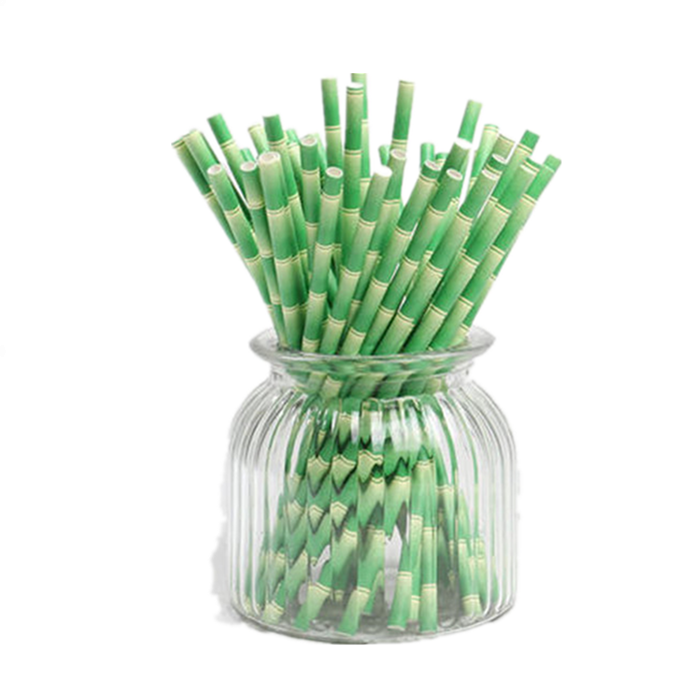The EU special summit, which closed on January 21, approved the EU budget from 2021 to 2027, indicating that “plastic packaging tax” will be imposed from January 1, 2021.
Novel coronavirus pneumonia is the first to be cut off from the EU’s new economic growth. According to the announcement issued by the European Council on the day, the EU will introduce new sources of income to increase revenue and reduce expenditure and cope with the impact of the new crown pneumonia. One of them is the tax on the disposable plastic packaging from 0.8 euros per kilogram (6.4 yuan) in January 1, 2021.
As the EU budget for 2021-2027 needs to be approved by the European Parliament, there are no more details in the announcement, such as whether to tax consumers or producers, the types of disposable plastic packages that need to be taxed, and how Member States turn in relevant tax revenues to the EU.
As early as 2018, the European Union decided to tax disposable plastic packaging. At that time, EU officials said that due to China’s ban on foreign waste entry, EU plastic waste exports were affected, and the EU hoped to reduce the use of disposable plastic packaging through taxation and increase EU fiscal revenue.
After the outbreak of novel coronavirus pneumonia this year, the EU has proposed to raise huge sums of money to restart the economy, and the Levy of plastic packaging tax has become more urgent. According to previous media estimates, according to the tax rate of 0.8 euro per kilogram, the EU can add 4 billion to 8 billion euro tax revenue each year.
After the EU special summit decided on the tax schedule on 21 July, environmental protection organizations such as the German Ministry of environmental project assistance (duh) immediately welcomed it, stressing that the introduction of the “plastic packaging tax” in the EU has been brewing for a long time, and the tax rate is not high. However, some media pointed out that once the tax is levied, it will be a heavy burden on the EU Member States, especially the “big producers” of plastic packaging.
According to EU statistics, the EU produces about 26 million tons of plastic waste every year, less than 30% of which is recycled. Most of the others are burned or dumped into landfills. Moreover, garbage flows into rivers and oceans, causing serious pollution to the environment. Therefore, in 2018, the EU recommended that member states prohibit plastic tableware (including straws, knives and forks), cotton swabs, balloon brackets and other common plastics on European beaches Garbage, to curb the increasing marine plastic pollution.
Post time: Jul-23-2020

